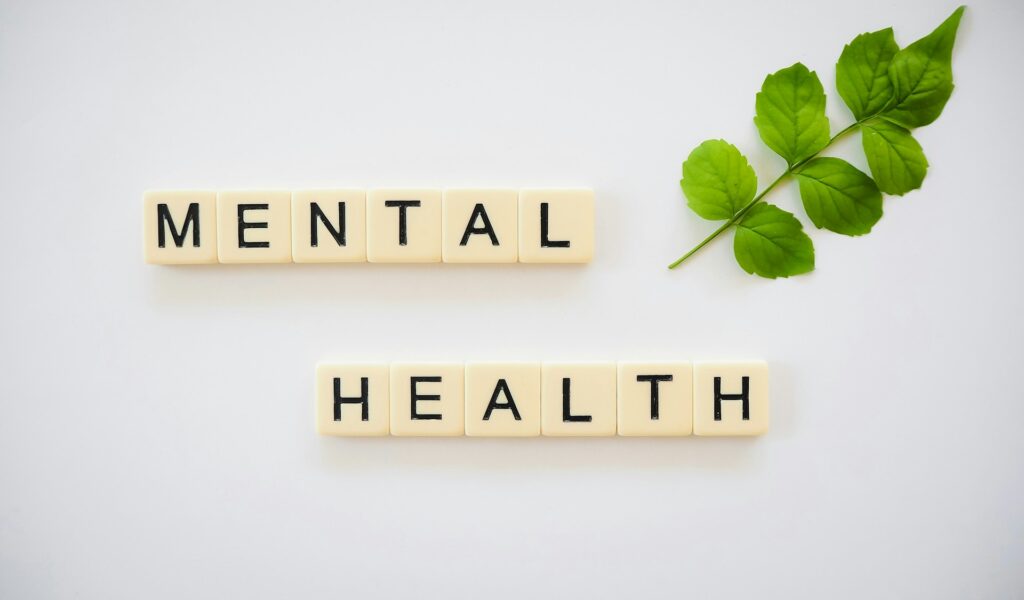Dealing with mental health concerns often feels challenging. People may worry about judgments or misunderstandings, and this fear can make stepping into a mental health clinic seem daunting. You might be feeling this way too, unsure about what to expect and how it might reflect on you. But know that these feelings are normal, and it’s okay to feel uncertain.
In this blog post, we’ll take a clear and straightforward look at mental health clinics. You’ll learn about the different services they offer and how they can help you on your journey toward better mental health. Understanding what these clinics provide can be a game-changer in how we view mental health care.
What is a Mental Health Clinic?
A mental health clinic primarily focuses on diagnosing, treating, and supporting mental health issues. Clinics vary in their services and structure, catering to the different needs of those seeking help. Outpatient clinics, for example, allow individuals to attend scheduled sessions and return home. They suit those who can manage their symptoms daily. On the other hand, inpatient clinics offer intensive care, housing patients for a duration, particularly when dealing with more severe mental health challenges.
Professionals in these clinics are diverse and skilled. Therapists provide talk therapy, helping patients to process emotions and behaviors. Psychiatrists, who are medical doctors, can diagnose and prescribe medications. Counselors focus on specific issues, offering guidance and support for challenges like stress or relationship problems. This mix of professionals ensures that patients receive comprehensive care, addressing not just mental but also emotional needs.
Services Offered by Mental Health Clinics
Mental health clinics serve as vital resources, offering a range of services to support mental well-being:
Firstly, clinics start with diagnosis and evaluation. Professionals assess your mental health through conversations and various assessments. They identify symptoms and patterns, ensuring an accurate diagnosis. This step is crucial because it lays the foundation for your treatment plan.
Therapy and counseling services vary widely. Clinics provide individual therapy, focusing on your unique experiences and challenges. Group therapy offers a community feel, where you can share and learn from others. Family therapy involves your loved ones, helping to improve communication and resolve conflicts. Each therapy form has its unique benefits, tailored to different needs.
Psychiatrists in these clinics also manage medication for mental health conditions. They prescribe and adjust medications as needed, ensuring they effectively support your treatment. This management is essential, especially for conditions that rely significantly on medication for symptom relief.
Lastly, many clinics offer support groups. These groups bring together people with similar experiences. They offer a sense of community and understanding, which can be incredibly comforting. In these groups, you can find emotional support and learn new coping strategies.
Benefits of Attending a Mental Health Clinic
Benefits of Attending a Mental Health Clinic:
- Improves Overall Mental Health and Well-being: Enhances emotional balance and fosters a positive outlook on life.
- Develops Coping Skills and Management Techniques: Provides tools and strategies to effectively manage daily stresses and mental health challenges.
- Reduces Symptoms of Mental Health Conditions: Leads to a decrease in the intensity and frequency of mental health symptoms.
- Increases Self-awareness and Emotional Regulation: Helps in understanding and controlling emotions, aiding in personal growth and better relationships.
- Offers a Safe and Supportive Environment: Provides a non-judgmental space for expression, crucial for healing and personal development.
Addressing Common Concerns About Mental Health Clinics
ddressing concerns about mental health clinics is important:
Cost and Insurance: Many clinics offer sliding scale fees or payment plans, making treatment more accessible regardless of income. Also, your insurance might cover certain therapies, so it’s a good idea to check your policy details. Clinics often have staff who can help you navigate these options, ensuring you get the care you need without undue financial stress.
Confidentiality and Privacy: Clinics prioritize confidentiality. Laws and ethical codes mandate that your personal and health information must be kept private. This means your conversations and records are secure, creating a trustworthy environment for your treatment.
Finding the Right Clinic: Start by clearly identifying your needs. Recommendations from healthcare professionals, friends, or online resources can be valuable. Many clinics offer initial consultations, giving you a chance to see if their services align with what you’re looking for. Remember, the right fit is key to effective treatment, so don’t hesitate to explore different options until you find a clinic that feels right for you.
Conclusion
In conclusion, mental health clinics are invaluable in supporting mental well-being. They provide essential services like diagnosis, therapy, medication management, and support groups. These services aim to improve your mental health, equip you with coping skills, reduce symptoms, and offer a safe environment. Clinics also address concerns about cost, insurance, confidentiality, and privacy, making mental health care accessible and secure.
If you’re considering seeking help, taking the first step is a brave and important decision towards better mental health. There are resources available to guide you. National hotlines and websites are great starting points for information and finding a clinic that fits your needs. Remember, reaching out for help is a sign of strength, and there are many who are ready and willing to support you on this journey.



